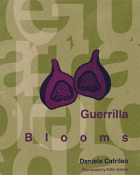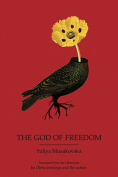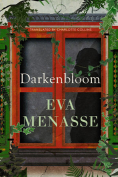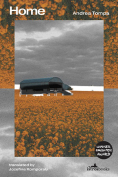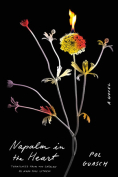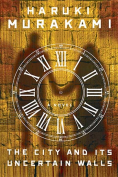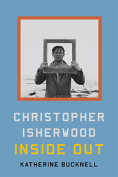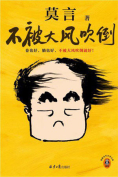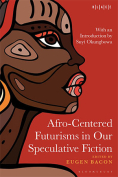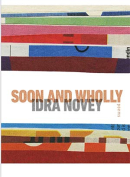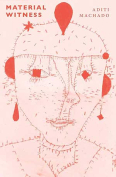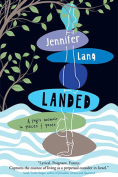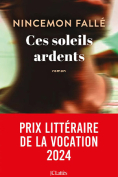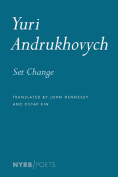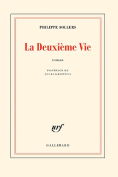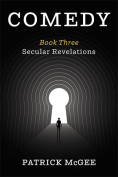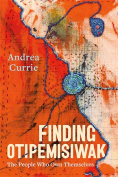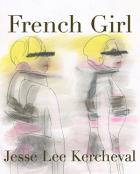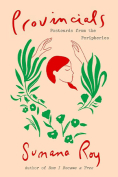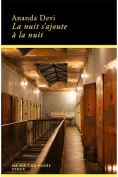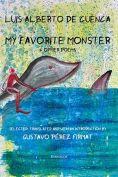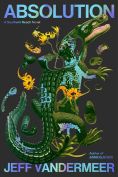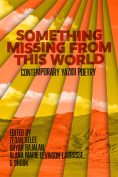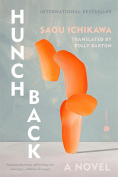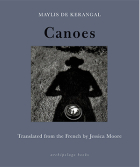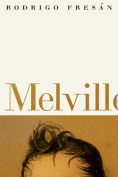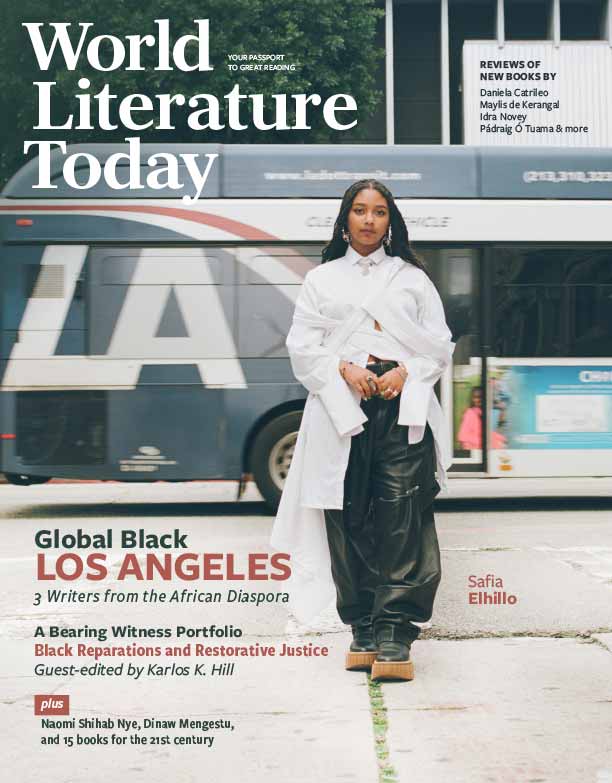Afro-Centered Futurisms in Our Speculative Fiction

New York. Bloomsbury Academic. 2024. 235 pages.
Afro-Centered Futurisms in Our Speculative Fiction is an unusually fascinating book that explores and interrogates Afro-centered futurism’s impact on the diaspora. With its chapter-based arrangement, the book draws on ideas involving popular culture, politics, society, gender, sexuality, spirituality, and African history. These, in addition to the opinion pieces, highlight the objectives of the chapters and the impact of the bold statement in the introductory section that “the goal of this approachable book is to negotiate and create a critical awareness of black speculative fiction contextualized in Afrocentric futurisms.”
It is obvious that the arguments in different chapters are premised on perspectives that invite readers to understand how each contributor opens up a space for considering the place of the artist and art in an evolving interdisciplinary space provided by Afro-centered futurisms. This invitation is derived from a locus of consciousness that is at the intersection of oral traditions and contemporary conceptual resources. It is also interesting to note the anecdotes that also serve as literacy narratives, autobiographical stories, and intellectually malleable food for thought. On top of that, there are obvious examples of discernible relationships between generations and Afro-centered speculative formations that suggest that the mind of the writer works with emotions that are guided by personal freedom, a quest for answers, and effortless meditation. Put simply, the issues covered are interesting and refreshing.
However, there are positive and negative reactions to the ideas floating here and there. The topics and issues covered include Africanfuturism, Afro-centered futurism, Black feminism, cultural identity, queer imaginings, and postcolonial themes. Aside from the occasional name-dropping of writers with barely any tangible contribution to the ongoing debate or scholarship on Africanfuturism and/or Afrofuturism, the book brings together voices that push the goalpost to seize attention. The focus on Mark Dery and race is trite and not particularly of interest today.
There are many fine scholars doing wonderful work in Africanfuturism or Afro-centered futurism across the world. The book brings together different voices in a new way that generates ideas, educates, and reinforces the need to focus on interdisciplinary interests in the arts and critical debates on Afro-centered speculative fiction, African history, and popular culture from the African diaspora. Overall, this project offers the kind of energy and diversity in themes and topics that one expects from freethinking academics, writers, and artists.
Dike Okoro
Newberry Library
